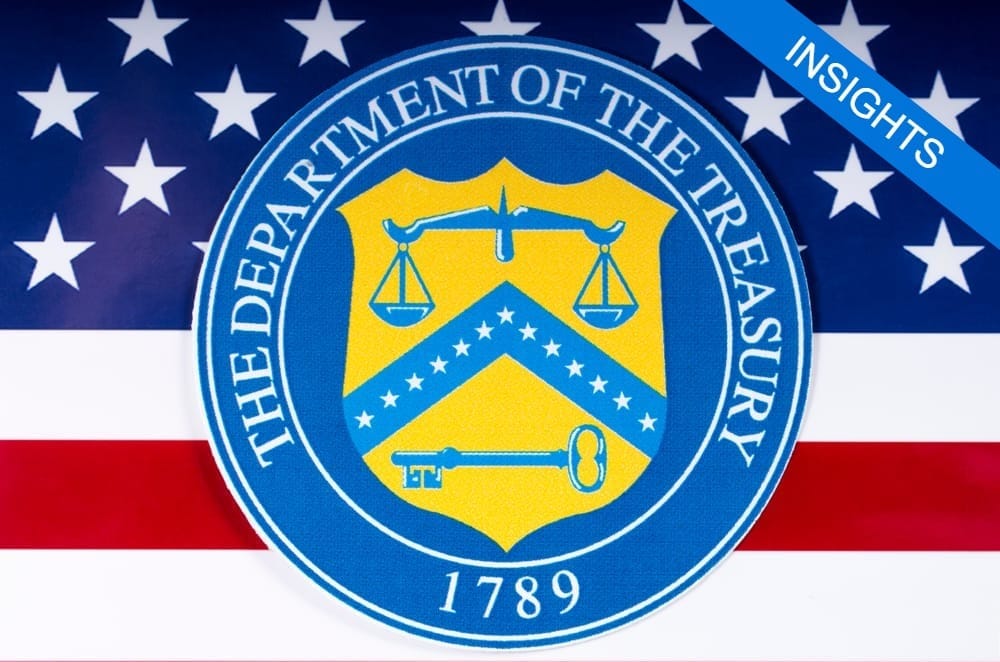OFAC Insights 08 October 2024

What's Going On?
The U.S. Department of the Treasury’s Office of Foreign Assets Control (OFAC) has recently taken significant actions against entities and individuals involved in ongoing conflicts and terrorism-related activities. In Sudan, OFAC sanctioned Algoney Hamdan Daglo Musa, a procurement director for the Rapid Support Forces (RSF), for his role in supplying weapons and extending the conflict in Sudan. Concurrently, OFAC has focused on dismantling a significant international fundraising network for Hamas by designating key financial supporters and sham charities aiding the terrorist organization.
Key Changes to Official Sanctions Lists
-
Sudan: Algoney Hamdan Daglo Musa has been added to the Specially Designated Nationals and Blocked Persons (SDN) List under Executive Order (E.O.) 14098, affecting all property and interests in the U.S. or under U.S. persons' control.
-
Hamas and Affiliates: Multiple designations under E.O. 13224, as amended, targeting:
- Three individuals and a sham charity supporting Hamas.
- A Hamas-controlled bank in Gaza.
- Nine businesses connected to Yemeni Hamas supporter Hamid al Ahmar.
- Key Hamas fundraisers in Europe.
Insights
-
Expanded Focus on Procurement and Support Networks: The designations reflect a growing emphasis on disrupting supply chains and external financial networks that sustain conflicts and terrorist activities. The focus on individuals with strategic roles in procurement highlights an approach aimed at cutting off support at critical points.
-
Risks in the Non-Profit Sector: The designations against Hamas affiliates underscore the risks faced by the non-profit sector, where charitable entities may be exploited by malicious actors for fundraising under false pretenses. Financial institutions providing services to charities should enhance due diligence to differentiate between legitimate humanitarian efforts and front organizations used for illicit financing.
-
Financial Sector Compliance Obligations: Given the expanded list of designated entities, financial institutions should ensure robust screening processes are in place to comply with OFAC regulations. This includes monitoring not only direct transactions but also indirect associations that may fall under the 50% ownership rule.
-
International Cooperation and Enforcement Strategies: Actions against Hamas demonstrate coordinated international efforts to counter terrorism financing, evidenced by joint designations with allied countries. Such cooperation is crucial for enhancing global sanctions enforcement and closing avenues for terrorists seeking financial support worldwide.
-
Impact on Humanitarian Efforts: OFAC's balance between sanctions enforcement and humanitarian considerations stresses the importance for financial institutions to remain informed about special licensure and exceptions available for humanitarian aid. Ensuring compliance while facilitating legitimate aid remains a critical area of focus.
Bankers involved in sanctions compliance should closely follow such developments, understanding both the direct implications for compliance procedures and the broader strategic trends in U.S. sanctions policy. Enhanced vigilance and proactive risk assessment will be critical in managing compliance amidst these evolving sanctions landscapes.
